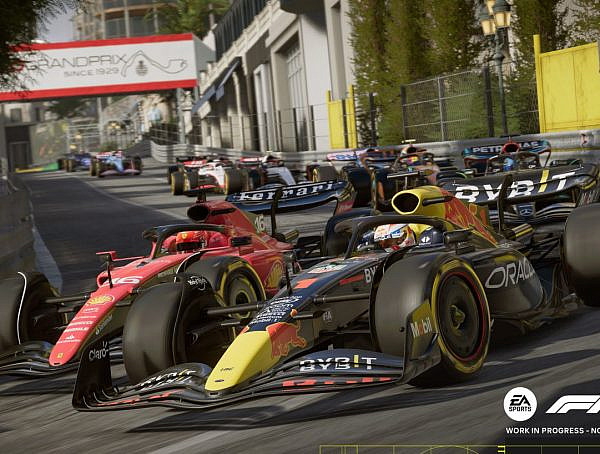The article argues using #sport themed #videogames that #theming is a useful way for understanding videogames and #society
Title: Is it in the Game? Reconsidering Play Spaces, Game Definitions, Theming, and Sports Videogames.
Author: Garry Crawford
Published in: Games and Culture 10, no. 6 (2015): 571-592.
Link: http://gac.sagepub.com/content/10/6/571.short
Sport is one of the earliest and still best-selling themes for videogames. However relative little research is available about sport games compared to for example FPS or MMORPG. Garry Crawford argues that by researching sport videogames a lot can be learned about videogames and society.
Existing research often theorize gameplay as a break from ordinary life. The article argues for a consideration of play as a continuation of the control of the established order, namely theming. From analyzing sports videogames he raises theming as one important area for wider discussion on games and society.
Theming is apparent in many areas of society such as fast-food restaurants and theme parks. Theming is also very common in sports industry where standardized products such as t-shirts, mugs, and scarves are given a perceived added value using a team brand or sport theme. In sports industry brands, themes and stadiums are purchasable for the right price. In an industry where fan influence and control is reducing capitalism profits by selling consumers a sense of control, influence and support using sports themed videogames.
In sport games theming is especially apparent and a lot of sports games may have the same game play and mechanism themed to represent different sports or branded to represent different teams of the same sport. While sequels are common in all game genres it is especially apparent in sport themed games. New releases of the same sports series representing marginal yearly improvements are some of the best-selling games year after year, for example FIFA series.
Crawford argues that a key focus in game studies has been the definition and categorization of videogames, their nature, structure and gameplay while ignoring wider social context of games. The article especially highlights videogames as part of consumerism using a veneer of individuality to drive capitalism. He remarks that it is crucial to recognize that ultimately capitalism does not care who consumes or what they do with what they consume as long as they carry on consuming.
Therefore his article seeks to decenter videogames and considers the wider discussion on theming. The article argues that theming can be applied to a wide range of different settings and objects including videogames. He suggests that theming is a useful way of understanding sport games but also other genres of videogames.
You might also like
More from Game Research Highlights
How do you want to do this? – A look into the therapeutic uses of role-playing games
Can playing RPGs contribute positively to your wellbeing? A recent study aims to find out how RPGs are being used …
Eldritch horrors and tentacles – Defining what “Lovecraftian” is in games
H.P. Lovecrafts legacy lives today in the shared world of Cthulhu Mythos and its iconic monsters. Prema Arasu defines the …
Are Souls Games the Contemporary Myths?
Dom Ford’s Approaching FromSoftware’s Souls Games as Myth reveals the Souls series as a modern mythology where gods fall, desires …















